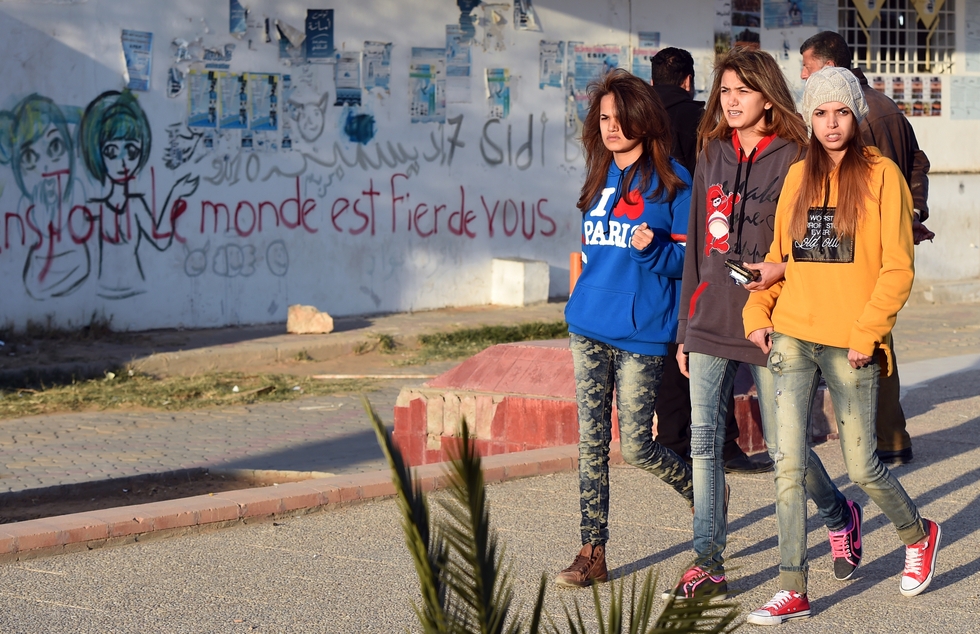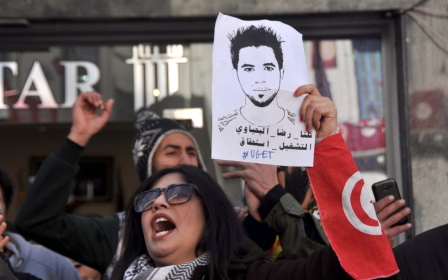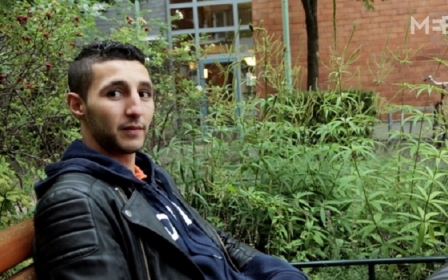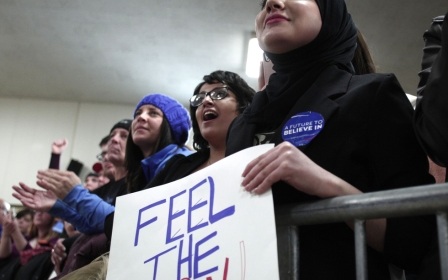Arab youth turn back on democracy hopes of 2011, say life now harder: Survey

A majority of young people in the Middle East and North Africa feel life has worsened since the Arab Spring and believe stability should be prioritised over democracy, according to a new survey.
In 2016, just 36 per cent of young Arabs think that the Arab world is better off following the 2011 uprisings, down from 72 percent in 2012 at the height of unrest, the report found, adding that 53 percent now thought stability in the region was more important than the promotion of democracy.
The Arab Youth Survey, which polls young people in 16 countries in the Middle East and North Africa, found that there was also increasing concern about the lack of jobs and opportunities in the Middle East, caused by spreading conflict and political upheaval.
Vast majority reject IS
This increase in concern about IS is coupled with a decline in tacit support of the group, with just 13 percent saying they could see themselves supporting IS compared to 19 percent in 2015.
“A quarter of young people believe that a lack of jobs and opportunities are the main recruitment drivers for the terrorist group, although one in four of those surveyed also said they could see no reason why anyone would want to take up with Daesh,” the findings said, using an alternative name for IS.
The findings are supported by a 2015 Pew Research survey that showed high levels of disdain for IS in countries with a large Muslim population.
The survey interviewed people between the ages of 18 and 24 in the GCC, Iraq, Egypt, Jordan, Lebanon, Libya, Palestine, Tunisia, Morocco, Algeria and Yemen. Syria was not included in the survey due to the war.
About 60 percent of the population in the Arab world is under the age of 30.
Divisions over Iran and Syria
It also showed that falling oil prices were a concern and that Saudi Arabia is seen as the region’s “biggest ally” while one in four youths want to live in the UAE.
A majority, 52 percent, viewed Iran as the region's enemy, with just 13 percent viewing the Islamic republic as the Arabs' biggest ally.
“Iran’s increasing regional influence is reflected in the survey, with 13 percent of young Arabs now viewing the country as their biggest ally,” the report said.
“Although a small majority of young Arabs [52 per cent] view it as an enemy.”
There were also mixed views on the Iran nuclear deal, and whether the conflict in Syria was a popular uprising or a proxy war.
“While 45 percent of young Arabs support the Iranian nuclear deal, 39 percent oppose it.
“There are also sharp differences as to whether the Syrian conflict is a proxy war, a revolution or a civil war.
“Overall, a plurality [39 per cent] of Arab youth view the conflict in Syria as a proxy war fought by regional and global powers, while 29 per cent view it a revolution against the Bashar al-Assad regime and 22 per cent believe it is a civil war among Syrians.”
“This is an important survey of how Arab youth – the largest and arguably most important demographic in the region – think about the evolving and challenging environment in which they live,” said Donald A. Baer, worldwide chair and CEO of Burson-Marsteller.
New MEE newsletter: Jerusalem Dispatch
Sign up to get the latest insights and analysis on Israel-Palestine, alongside Turkey Unpacked and other MEE newsletters
Middle East Eye delivers independent and unrivalled coverage and analysis of the Middle East, North Africa and beyond. To learn more about republishing this content and the associated fees, please fill out this form. More about MEE can be found here.




